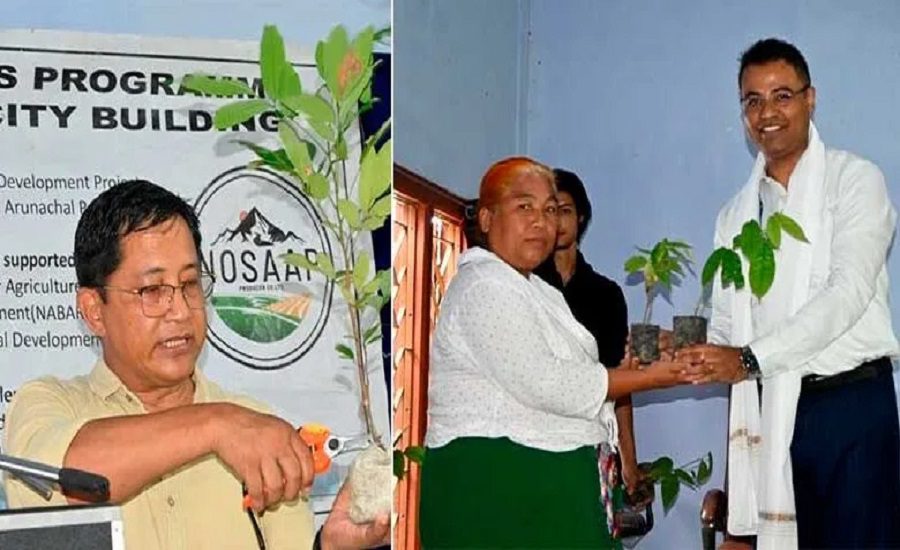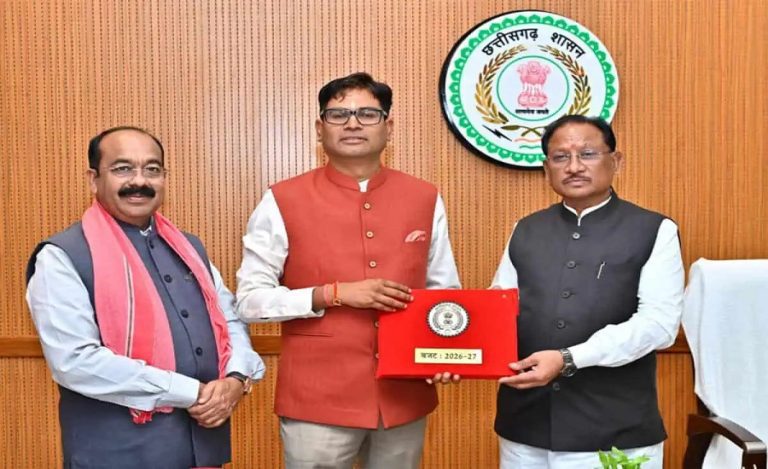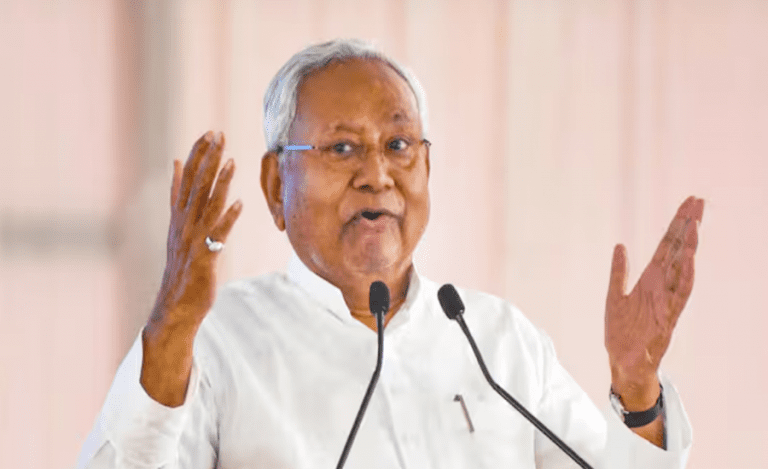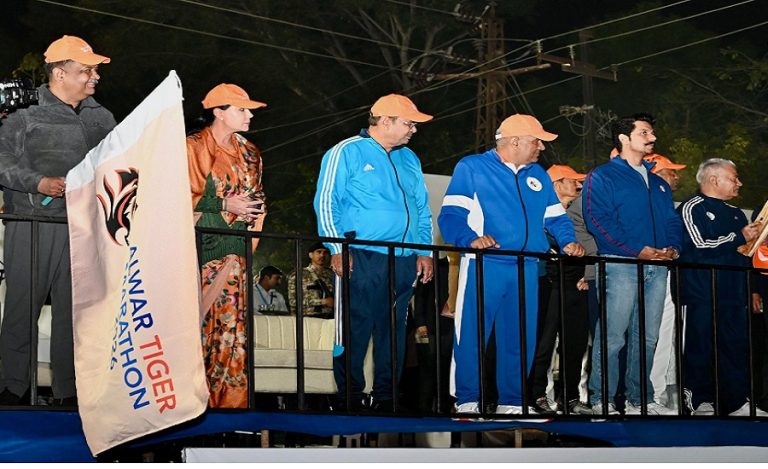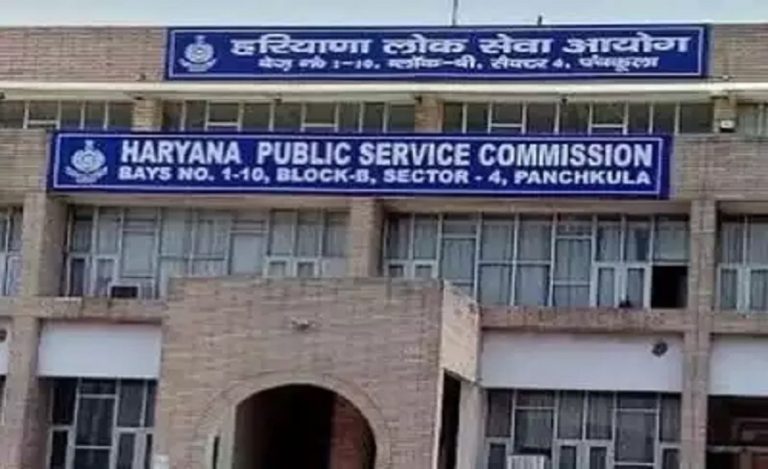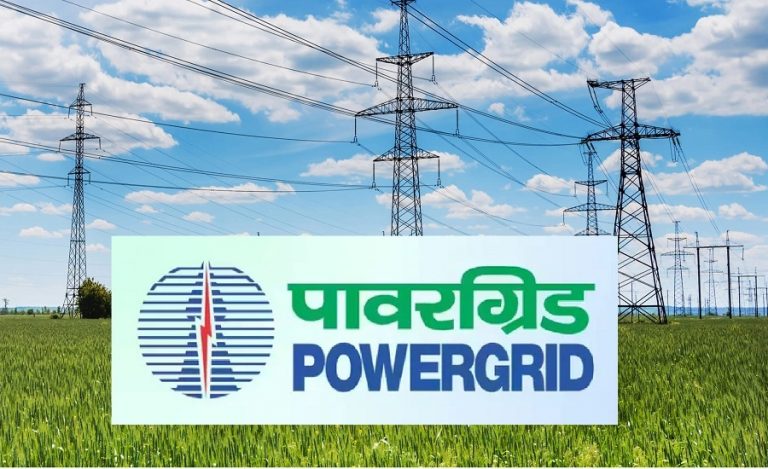In a significant push for agricultural diversification and sustainable livelihoods, the Department of Horticulture, Namsai – backed by NABARD and NOSAAP Producer Company – has launched an ambitious cocoa cultivation drive under the TRIBES/WADI Project. Designed to empower tribal farmers with climate-resilient, high-income alternatives, the project marks a pivotal shift in the district’s farming landscape.
The launch of cocoa sapling distribution this July has created ripples of interest across the tribal farming community. The initiative aims to empower tribal farmers by introducing climate-resilient, high-value crops that promise enhanced income and long-term sustainability.
Indian Masterminds interacted with 2016-batch APCS officer C.R. Khampa, Deputy Commissioner of Namsai, and the District Horticulture Officer to know more about the initiative.
WHY COCOA, AND WHY NOW?
The decision to introduce cocoa cultivation in Namsai wasn’t arbitrary – it was strategic. The region’s agro-climatic conditions are ideal for cocoa, a crop that thrives in warm, humid environments and fits seamlessly into existing plantation systems.
“This is a strategic step to help farmers adopt high-value crops and boost district-level agri-economics,” said Mr Mardo Ninu, District Horticulture Officer, Namsai.
Beyond climate compatibility, cocoa can be inter-cropped with arecanut, coconut, and oil palm, offering both economic and ecological benefits. It promotes agro-forestry while maximizing land productivity – a win-win for sustainability and profitability.
OVERCOMING PAST CHALLENGES
Until now, cocoa cultivation had not been explored widely in the region due to a combination of factors. Farmers primarily focused on conventional crops and were hesitant to shift to newer varieties because of limited awareness about cocoa’s economic potential. The lack of technical support, training, and access to quality planting materials further prevented the adoption of cocoa cultivation.
The TRIBES/WADI project has been instrumental in bridging these gaps by providing free distribution of high-quality saplings sourced from reputed nurseries, comprehensive training programmes, and ongoing technical assistance, empowering farmers to confidently embrace this new crop.
Despite its suitability, cocoa had not been explored in Namsai until now due to:
- A lack of awareness among farmers about its commercial potential.
- Limited exposure to non-traditional crops.
- Absence of training, technical support, and starter material like quality saplings.
- The TRIBES/WADI project fills these gaps, combining financial support, technical guidance, and community-level capacity building.
STRONG SUPPORT AND GRASSROOTS EXECUTION
Thousands of high-quality cocoa saplings, sourced from certified nurseries, were distributed free of cost. The initiative was funded through untied funds from the Government of Arunachal Pradesh, representing a successful convergence model for grassroots development.
“We are incredibly excited to roll out this cocoa sapling distribution programme,” said Mr. Ninu, reflecting the administration’s long-term vision for agricultural transformation.
During a technical orientation session, Ms. Omi Tayeng, Horticulture Development Officer of Chongkham, educated farmers on:
- Best practices in cocoa cultivation
- Pest and disease management
- Market trends and value chain potential
INSTITUTIONAL COMMITMENT
The support doesn’t end with sapling distribution. Dr Utpal Baruah, Senior Scientist and Head of KVK Namsai, assured farmers of ongoing technical assistance for planting, maintenance, and crop protection.
“We are committed to ensuring sustainable horticulture practices in the district,” said Dr Baruah.
NABARD, a key player in the project, reinforced its long-term commitment to livelihood diversification.
“This convergence between the Horticulture Department and NABARD demonstrates how aligned efforts can yield impactful results,” said Kamal Roy, Assistant General Manager (District Development), NABARD.
He also revealed that NABARD is exploring the feasibility of local cocoa processing units, which could further increase income opportunities and reduce post-harvest losses. Roy also highlighted NABARD’s JIVA initiative, which supports natural farming, offering farmers a holistic path to sustainable agriculture.
THE BENEFITS: A NEW AGRI-ECONOMY EMERGES
The cocoa cultivation initiative promises multiple benefits. It aims to reduce farmers’ over-dependence on traditional crops by introducing a commercially viable alternative that is both profitable and climate-resilient. By promoting agroforestry practices and intercropping opportunities, it maximizes land use efficiency and environmental sustainability.
The project also opens avenues for employment in cultivation and processing, thereby boosting rural livelihoods. With strong institutional backing, effective market linkages, and farmers’ enthusiasm, Namsai is well-positioned to become a key cocoa hub in Northeast India, creating new pathways for sustainable and profitable agriculture.
Mr Khampa said, “With institutional handholding, access to markets, and farmer enthusiasm at an all-time high, Namsai is positioning itself as a future cocoa hub in Northeast India.”
LOOKING AHEAD: A COCOA-FUELED FUTURE
This first step into cocoa cultivation could well be the beginning of a larger transformation in tribal farming in Arunachal Pradesh. By leveraging natural advantages and institutional strength, Namsai is paving the way for a profitable, sustainable, and climate-smart agricultural future.

